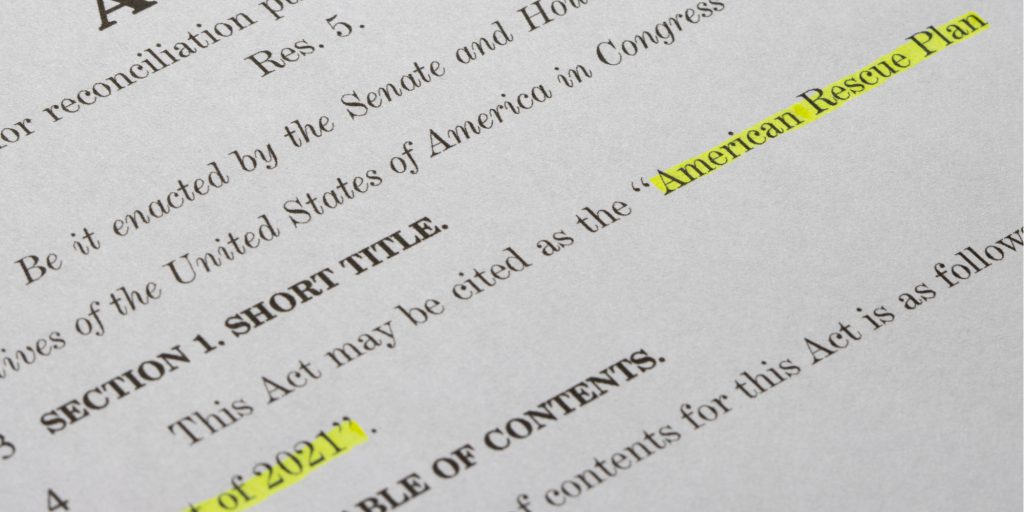
Published March 11, 2021
President Biden is reportedly preparing to “sell” his pandemic stimulus bill to the American people in an effort to reap political gain from the popular measure. History suggests any gain he gets will be fleeting.
It’s understandable why Democrats believe otherwise. Polls show that ending the pandemic is the No. 1 issue for Americans. A Pew Research Center poll released this week also shows 70 percent approval for the bill, including 41 percent approval among Republicans. So why shouldn’t the president tie himself to a popular bill that purportedly addresses the country’s major problem? According to this theory, there’s lots of political upside and little political downside.
But measures passed early in administrations often get lost in the shuffle, unless they are part of a larger set of measures that prove successful and popular. Research has shown that by Election Day, few voters remembered tax rebate checks they received under prior presidents. Other important first steps to combat economic downturns, such as President Ronald Reagan’s tax cuts and President Barack Obama’s 2009 stimulus, were eventually swamped by the larger narratives surrounding their presidencies. In both cases, midterms voters examined whether the policies those bills were part of were working or taking the country in the direction they wanted. The verdicts for Reagan and Obama were negative: Both saw their parties lose many House seats in their first midterms.
Click here to read the rest of this piece at the Washington Post’s website.
Henry Olsen is a senior fellow at the Ethics and Public Policy Center.





